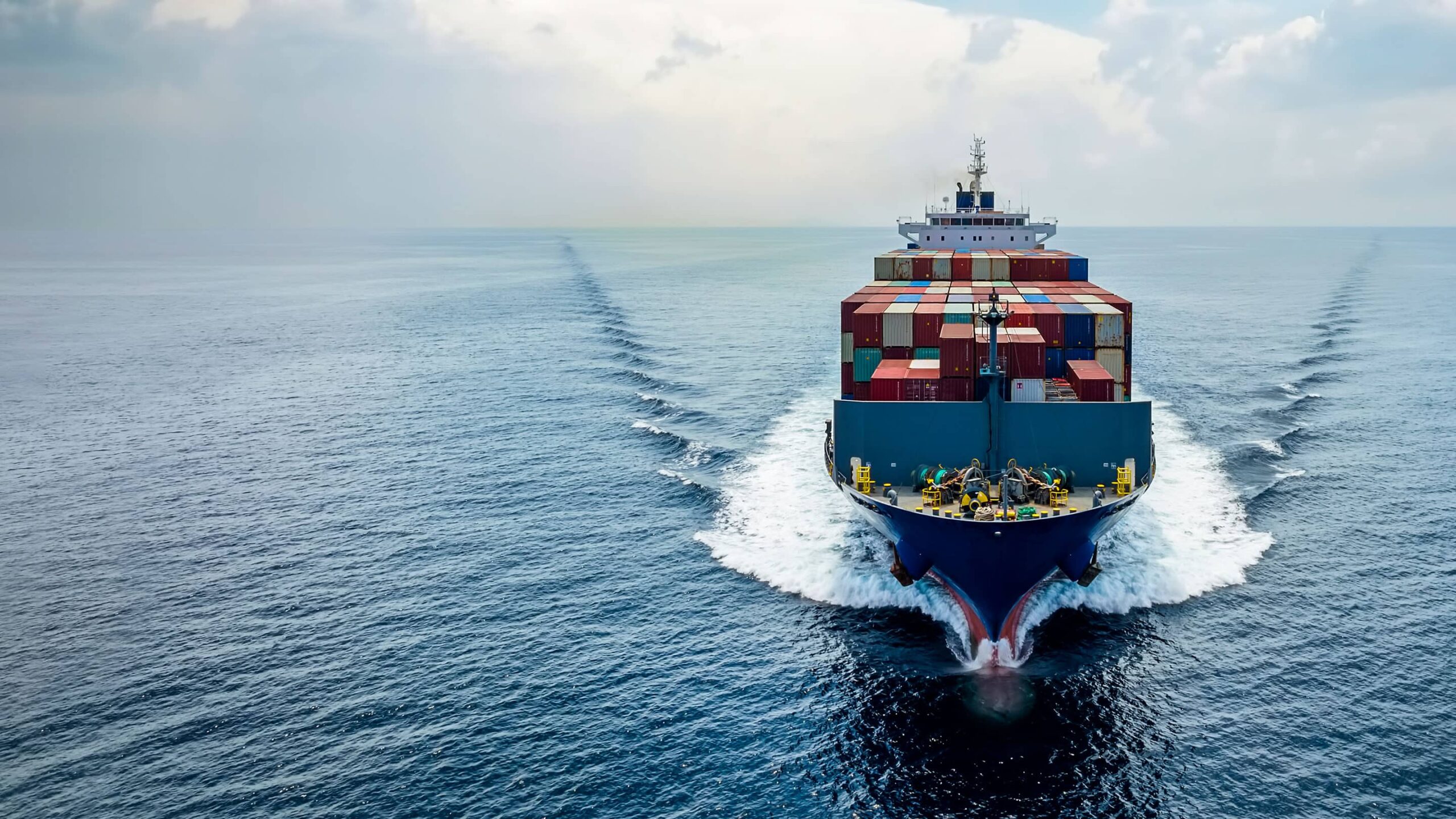Maritime Sector Pushes for Sustainability Amid Doubts

The maritime industry is doubling down on its commitment to sustainability, even as skepticism about global climate goals persists. According to the latest SMM Maritime Industry Report (MIR), the sector is gearing up for the SMM 2026, a major maritime fair set for next September, where companies will unveil innovative technologies aimed at transforming global shipping. However, recent setbacks at the International Maritime Organization (IMO) have left many industry leaders questioning the feasibility of achieving net-zero emissions by 2050.
Industry Skepticism Following IMO Setback
Last week, member states of the International Maritime Organization (IMO) failed to reach a consensus on a global climate protection policy, postponing critical decisions until next year. During an extraordinary session, the Marine Environment Protection Committee (MEPC) discussed potential measures to meet IMO climate goals, including a global alternative fuel standard and penalties for ships that exceed emissions limits. Despite these discussions, many industry stakeholders remain doubtful about the IMO’s climate ambitions.
The SMM Maritime Industry Report 2025 highlights these concerns, revealing that 51% of shipowners and suppliers are skeptical about achieving the net-zero goal by 2050. This sentiment is echoed by 46% of shipyards. Only a small fraction of respondents—29% of shipowners and 26% of shipyards—expressed optimism about the timeline. Dr. Klaus Borgschulte, Chairman of the SMM Advisory Committee, emphasized the enormity of the challenge, noting that there are approximately 90,000 ships worldwide, making the task of transitioning to sustainable practices daunting within the given timeframe.
Investments and Innovations for a Sustainable Future
Despite the prevailing doubts, sustainability remains a top priority for the maritime sector. The MIR indicates that 78% of suppliers anticipate sustainability issues will gain even more prominence in the coming years. Furthermore, nine out of ten companies are actively implementing specific measures to enhance their sustainability efforts, marking an 8% increase from previous surveys.
The IMO’s Net-Zero Framework is already influencing investment decisions and operational strategies across the maritime value chain. Knut Ørbeck-Nilssen, CEO of DNV Maritime, notes that the number of climate-friendly ships is steadily increasing, although the supply of alternative fuels remains limited. Over the next decade, industry insiders expect a surge in demand for LNG, biofuels, methanol, and hydrogen-based fuels. Hybrid propulsion solutions are also anticipated to play a significant role in this transition.
Cost and availability will be critical factors in the shift to alternative fuels, according to Richard von Berlepsch, fleet director at Hapag-Lloyd. He points out that while alternative fuels may be more expensive than traditional options, efficient ship operations will be essential for success. Consequently, many shipowners are focusing on retrofitting existing vessels with upgrades such as improved propulsion systems and energy-efficient technologies. The MIR survey reveals that 78% of shipowners plan to invest in these advancements, with 66% prioritizing propulsion systems and 58% digital solutions.
As the maritime industry navigates these challenges, collaboration among stakeholders will be vital. Hauke Schlegel, CEO at VDMA Marine Equipment and Systems, emphasizes the need for collective efforts to drive the sector toward a climate-friendly future. Claus-Ulrich Selbach, Vice President of Exhibitions Maritime & Energy at Hamburg Messe und Congress, adds that achieving the IMO’s zero-emission goal will require a combination of various technologies and operational efficiencies, including digitalization and artificial intelligence.
As SMM 2026 approaches, industry leaders are eager to engage in discussions that will shape the future of maritime sustainability. SMM Director Christoph Lücke highlights the event as a crucial platform for collaboration among political, scientific, and business representatives, all united in their goal to drive the maritime transition forward.
